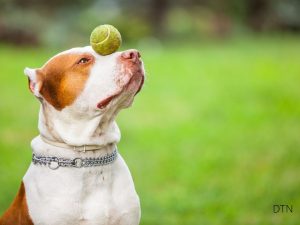
When Dogs Doubt: Understanding Your Canine’s Hesitation Signals
For years, we believed that doubt and self-reflection were uniquely human traits.

For years, we believed that doubt and self-reflection were uniquely human traits.

What if your dog's anxiety is actually their body crying out for essential minerals?

For decades, we've approached dog training with outdated methods that ignore the complex emotional and neurological reality of our canine companions.

Ever wonder why dropping a single treat can transform your peaceful pack into instant chaos?

Your dog's lowered head and tucked tail tell one story, but you see only "guilt" over the knocked-over trash can.

Understanding how trauma affects our canine companions—and more importantly, how they can heal—transforms our ability to help them recover.

Your smartphone knows your daily steps, your smartwatch monitors your heart rate, and now your dog's collar can predict health issues weeks before symptoms appear.

What fills your furry friend's bowl directly impacts their ability to focus, learn, and maintain emotional balance.

When dogs experience cognitive conflict, two parts of their brain literally compete for control.

Just like humans, dogs experience profound behavioral changes linked to their metabolic state.

The relationship between humans and dogs spans over 15,000 years, yet our modern understanding of canine behavior is increasingly filtered through cultural lenses rather than biological realities.

Frustration emerges when your dog's goal-directed behavior gets interrupted or expected rewards don't materialize.